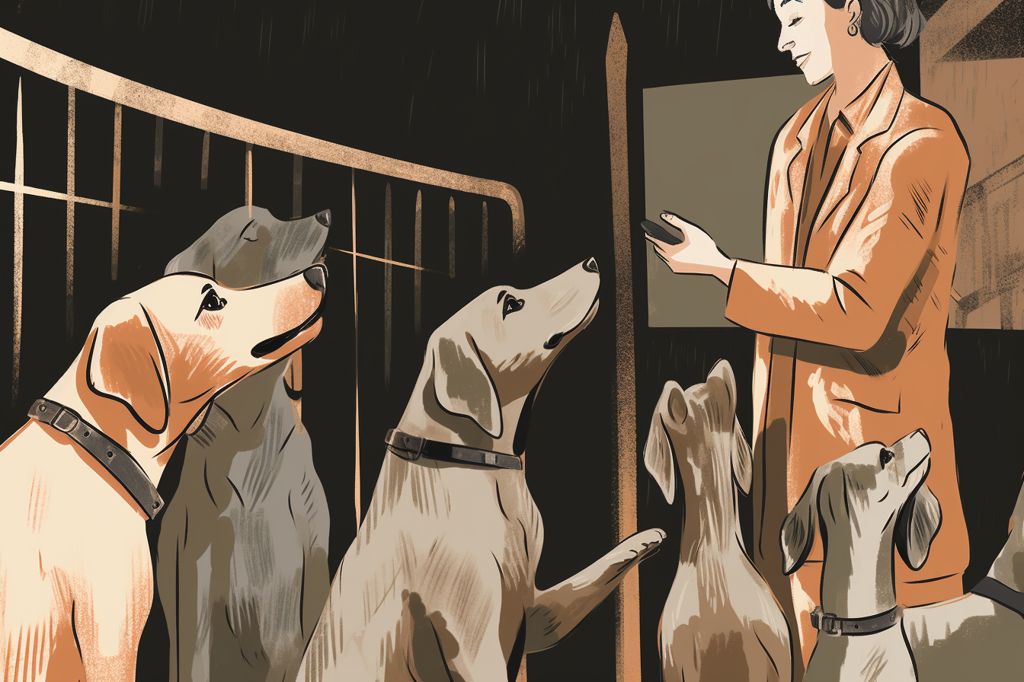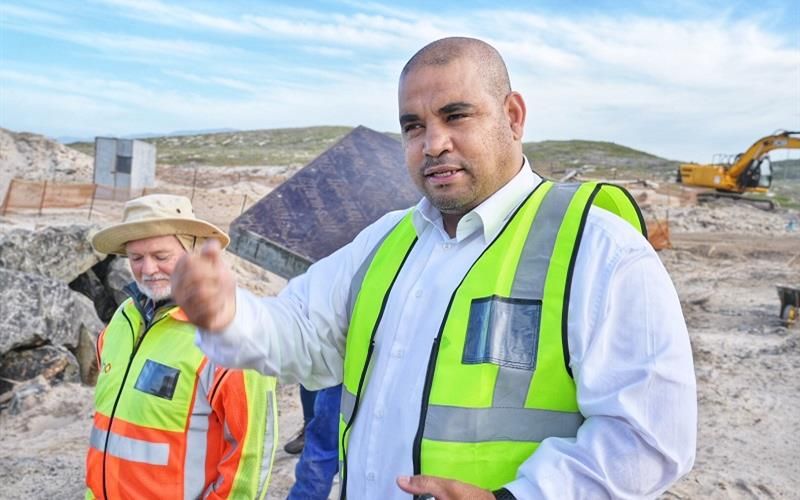The City’s Animal Control Unit has recently reported a significant increase in animal impoundment, along with complaints about stray animals, incessant barking, and aggressive behavior. This surge has placed a considerable burden on the Animal Control Unit and animal welfare organizations, where animals are taken for safekeeping. The City has therefore issued a reminder urging residents to take full responsibility for the animals under their care and ensure their well-being.
The Rise in Animal Impoundment
Between July 2022 and March 2023, the Animal Control Unit impounded a staggering 1,926 animals, including dogs, cats, and livestock. This figure shows a significant rise compared to the 554 animals during the same period the previous year. Animals are typically impounded for various reasons, such as attacking other animals or humans, being deemed stray, or wandering in areas where they pose a danger to themselves or others, such as on busy roadways.
Response from City Officials
Councillor Mzwakhe Nqavashe, the Chairperson of the City’s Portfolio Committee on Safety and Security, expressed concern over the staggering statistics and the impact on the City’s Animal Control Unit and animal welfare organizations. He emphasized that euthanasia was an unfortunate last resort when animals were not claimed by their owners or rehomed. Nqavashe advocates for better treatment of animals, stressing that they deserve better.
Limits on Animal Keeping
The City’s Animal Keeping By-law limits the number of dogs or cats residents can keep based on the type and size of their property. For instance, a flat or apartment duplex can accommodate two dogs and four cats, while houses larger than 600m² may house four dogs and four cats. Agricultural properties allow for six dogs and six cats.
Registering and Sterilizing Pets
The by-law mandates that pets should be registered with the city and sterilized by the age of six months, barring any exemptions granted following the by-law. Councillor Nqavashe mentioned that pet registration is entirely free and can be done through their online portal. This process helps establish a benchmark for the pet population and determines the scale of interventions and budget required for animal-related issues. The City also aims to expand the registration portal to include sterilization exemption applications and applications to keep additional animals.
To date, 134,679 pets have been registered: 100,522 dogs and 34,157 cats. The public is encouraged to register their pets via the City’s online page. Meanwhile, applications for sterilization exemptions can be directed to the designated email address.
Promoting Public Responsibility
The City’s ongoing efforts demonstrate the significance of public responsibility in managing animal-related issues. By adhering to the by-laws and registering their pets, residents can contribute to creating a safer and healthier environment for both animals and humans alike. It is essential to take full responsibility for the animals under their care and ensure their well-being to address the surge in animal impoundment and promote public responsibility.










